Jury’s racial makeup at issue in Williams’ Floyd County trial on murder charge

Press photo by Bob Steenson
By Bob Steenson, bsteenson@charlescitypress.com
The racial makeup of the potential jury in an upcoming Floyd County murder trial could play a role in determining how — or if — the trial proceeds.
A hearing Thursday morning in Floyd County District Court addressed several motions filed by the state and by the defense in the case of Antoine Williams of Charles City.
Williams is charged with first degree murder in the June 30 Charles City shooting death of Nathaniel Fleming of Mason City.
Williams’ attorneys, Nellie O’Mara and Steven Kloberdanz of Mason City, filed a motion Monday challenging the pool of potential jurors in Floyd County and arguing that African-Americans are underrepresented in the group.
Williams is African-American, and his attorneys argued in the motion that too few African-Americans in the potential jury “violates the defendant’s right to a fair representation of the community under the Sixth Amendment.”
O’Mara said the current jury pool list has 166 people on it, only two persons answered the optional question regarding race by saying they were African-American and one of those two had already been excused from jury duty. Six people did not list a race on the juror form.
“Our client has a right to a representative jury and an impartial jury under the Sixth Amendment and we don’t feel this is representative of the community at large by having only 1 African-American out of 166,” O’Mara said in court Thursday.
In order for a jury panel to be ruled to be not a cross-section of the community, three tests must be met, the defense motion said. One of them is that the reason for the underrepresentation of a distinctive group is “a systemic exclusion of this group in the jury selection process.”
The motion argued that the state’s practice of choosing potential jurors from voter registration and driver’s license lists excludes about a third of the state’s adult population from the pool.
O’Mara said Thursday that she and Kloberdanz (who was not in court) had discussed the matter a lot and recommend that the court call in another jury panel “and see what that has.”
District Court Judge Rustin Davenport asked what would happen if the next jury panel produced the same alleged underrepresentation and the trial is scheduled to begin next Tuesday, Oct. 10.
Davenport said he could foresee the defense arguing that the charges against Williams have to be dismissed “because the court system is unable to provide the defendant a fair jury within the speedy trial demand.”
“Isn’t that ultimately the possible consequence of this?” Davenport asked O’Mara.
“Yes, your honor,” she replied.
Davenport said he could dismiss the current jury pool, “rescramble” and send out another jury list, but “if your argument is correct that the way we select our jurors is systematic in the way it’s excluding the fair proportion of African-Americans, we’re likely to come up with the same sort of result.
“So in terms of what I can do at this level to fix the matter, I don’t really see what is available to me,” Davenport said.
Iowa Assistant Attorney General Coleman McAllister, who is assisting Floyd County in prosecuting the case, noted that he had filed an extensive resistance to the defense motion challenging the jury panel. The motion he filed is 18 pages long.
McAllister argued that the evidence does not show that African-Americans are underrepresented in Floyd County jury pools, and the defense cannot prove that any claimed underrepresentation is due to a systematic exclusion of the group in the jury pool process.
“It’s not the state that picks the jury panel, it’s the court administrators,” McAllister said in court Thursday. “We have no say in what jury is picked in this case.
“To dismiss this matter because speedy trial has run, because the state hasn’t done anything, just would be unfair, and the state would certainly object to that,” he said.
Davenport said the idea that African-Americans are being underrepresented because of the way the state picks jury pools is “rightfully a concern.”
“I know it may comply with the statutory requirements, but we’re talking about the constitutional right to a fair trial,” Davenport said.
McAllister said, “I understand it’s a good policy consideration for the court to review, and we’re in favor of juries being representative of communities in the state of Iowa, but I don’t think they’ve met the burden of proof in this case.”
Davenport said because of the time restraints he hoped to file at least a preliminary ruling on the jury question by Friday.
Davenport also noted Thursday that he and O’Mara had a similar discussion two months ago in another trial, apparently referring to the murder trial of Peter Veal, who was charged with two counts of first-degree murder and one count of attempted murder in a Mason City case.
That case was transferred to Webster County on a change of venue, and O’Mara and Kloberdanz there also filed a motion to strike the jury pool because African-Americans were underrepresented.
In the Veal case Davenport overruled the defense motion, a jury was selected and the jury eventually found Veal guilty. That verdict is being appealed.
On Thursday in the Williams case, the court heard several other motions as well, dealing with the proposed wording on instructions for the jury, various court procedures by the defense and the prosecution, and potential limits on expanded media coverage of the trial involving showing the face of a potential juvenile witness and possibly another witness.

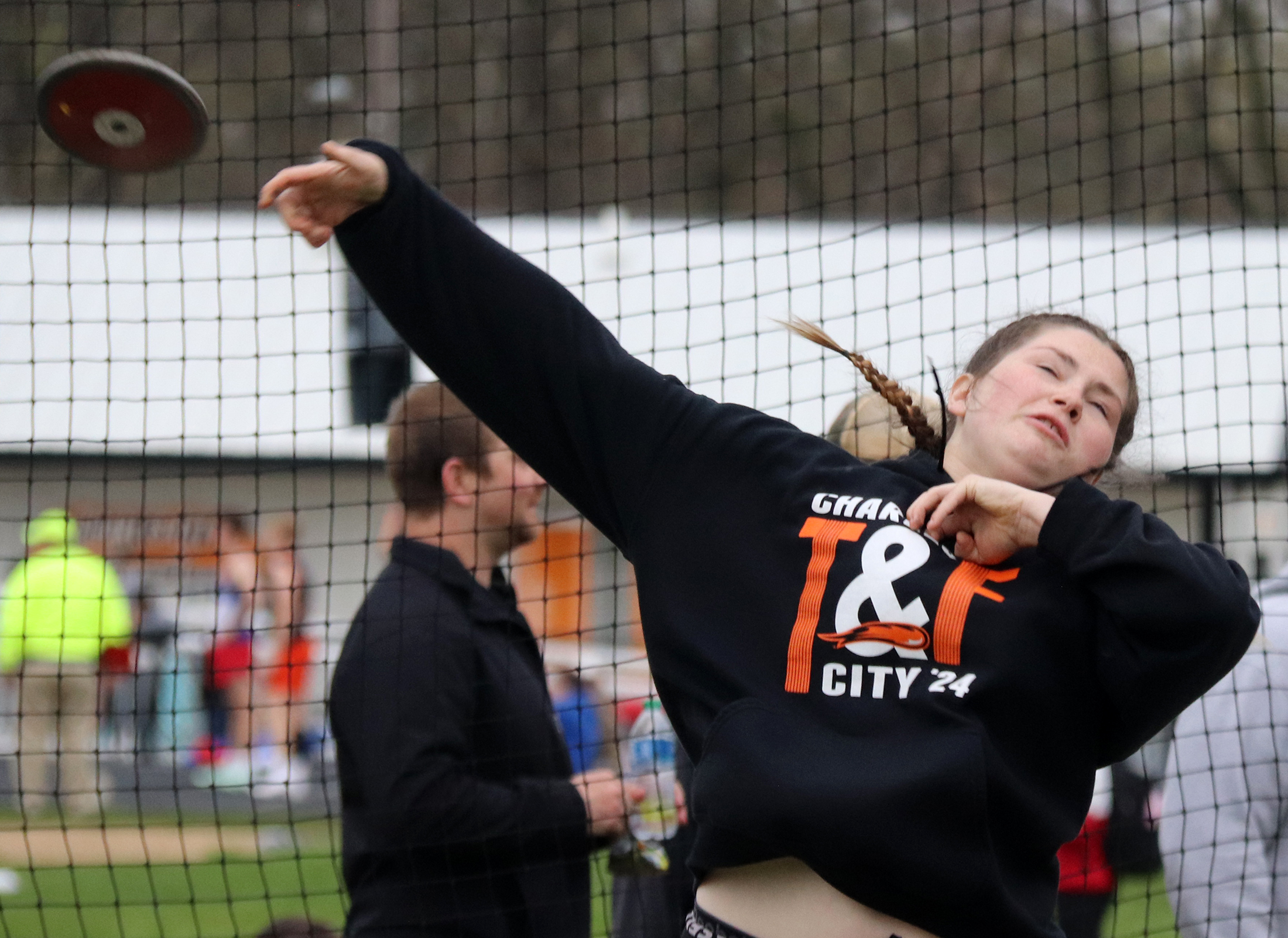
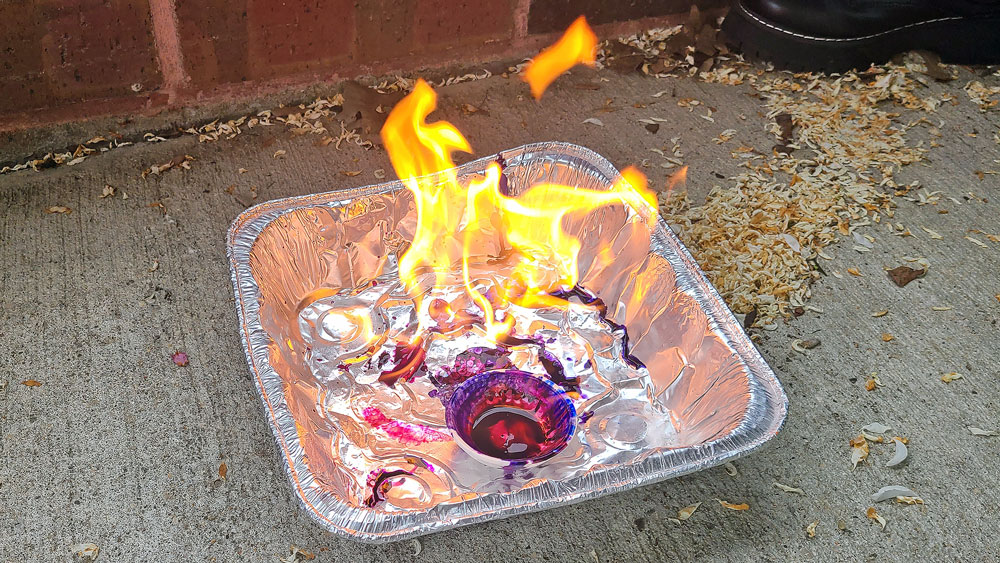
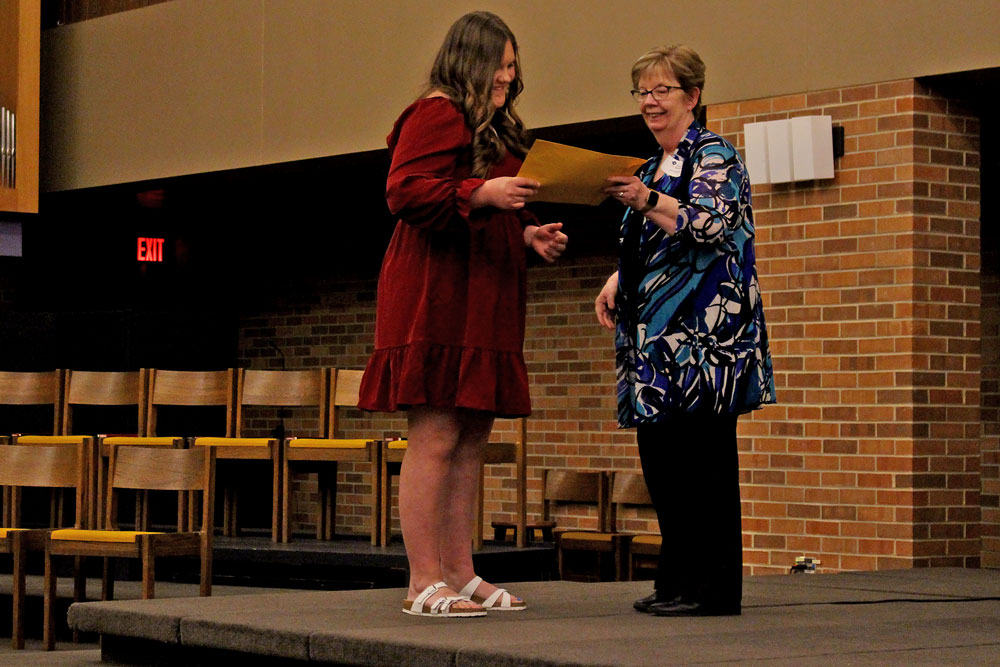
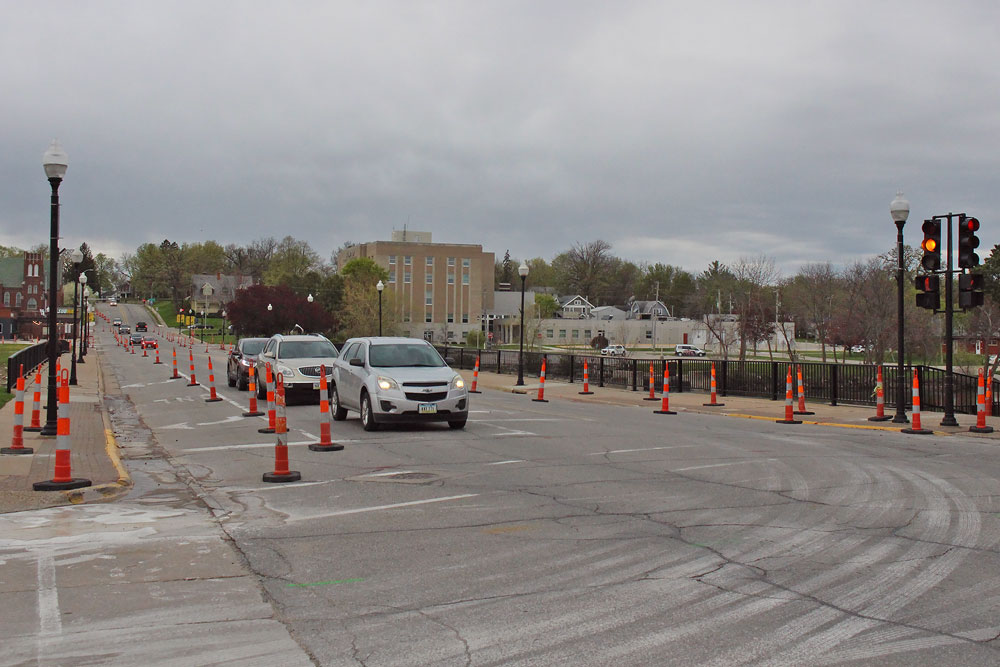
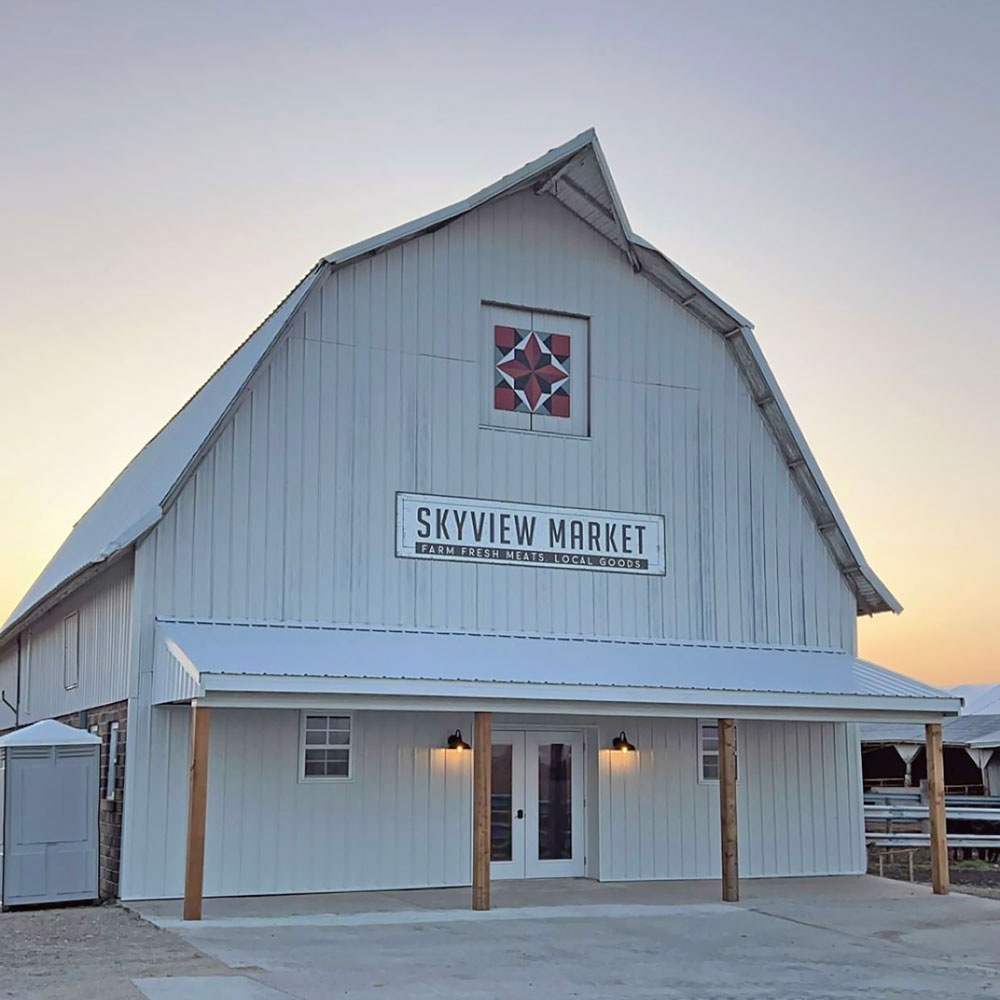



Social Share